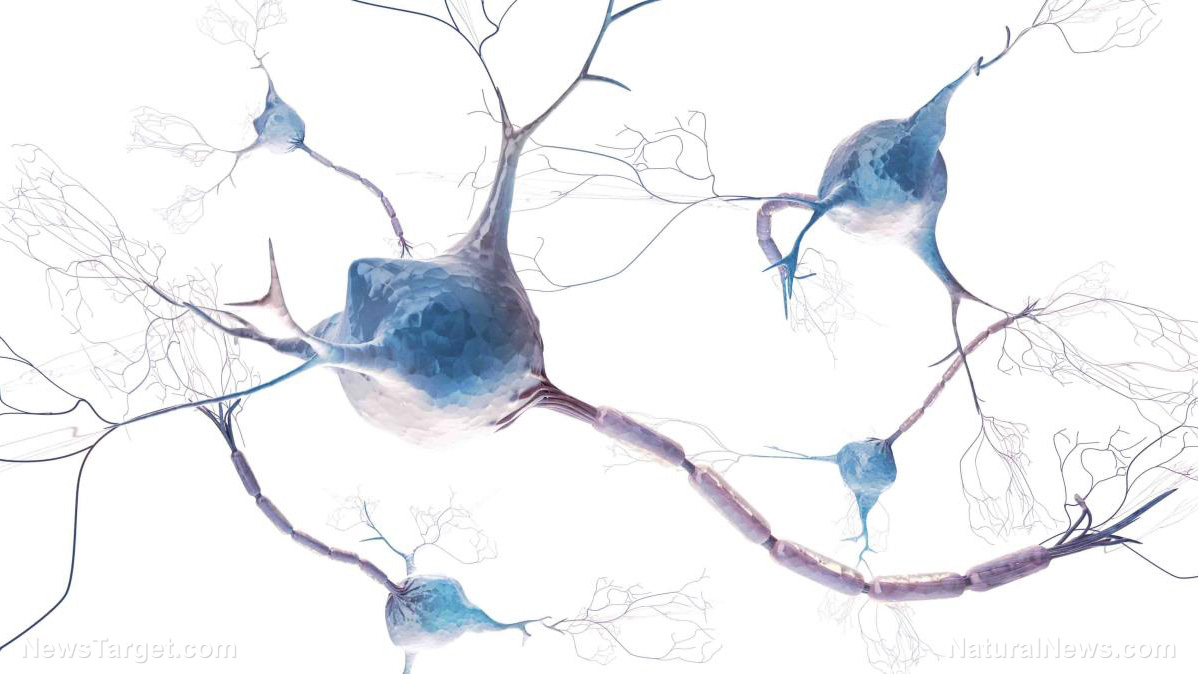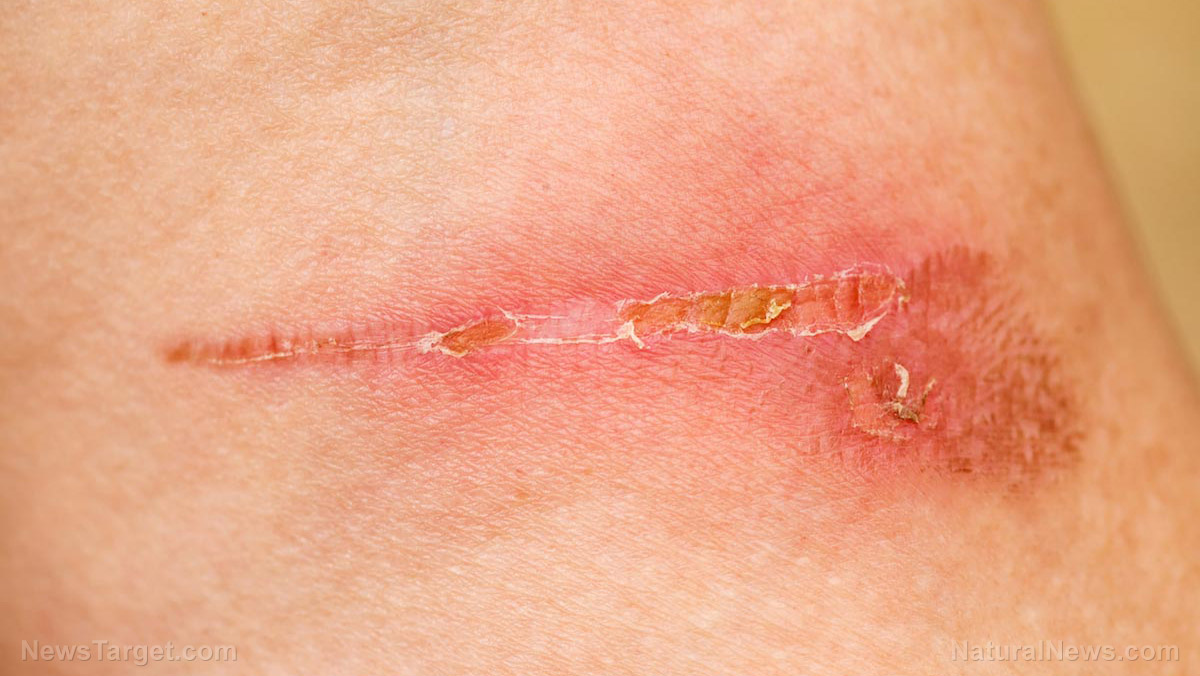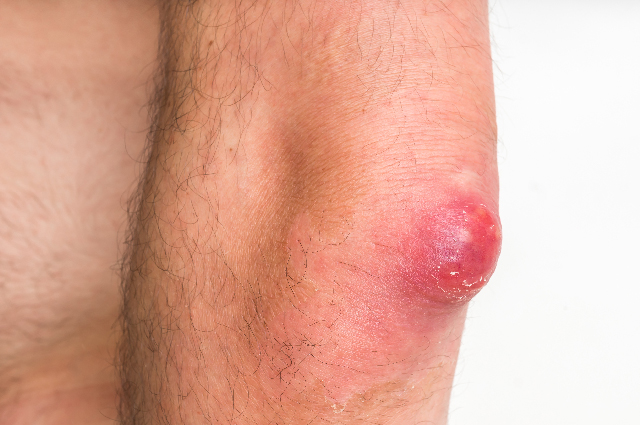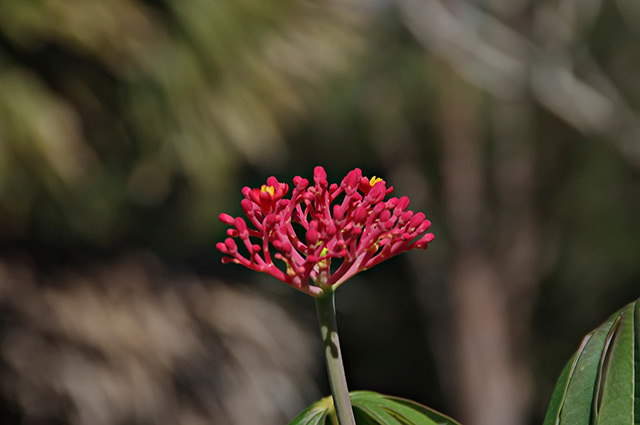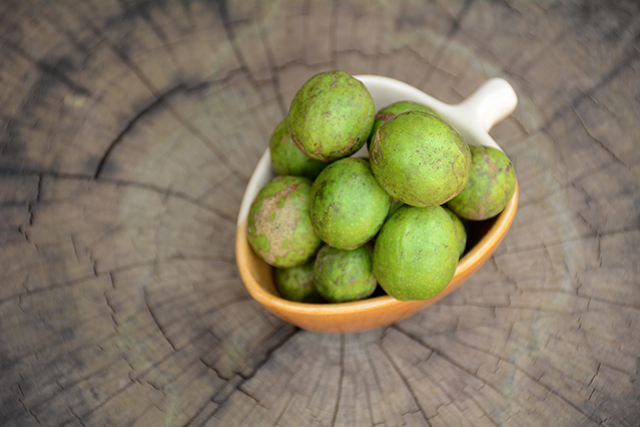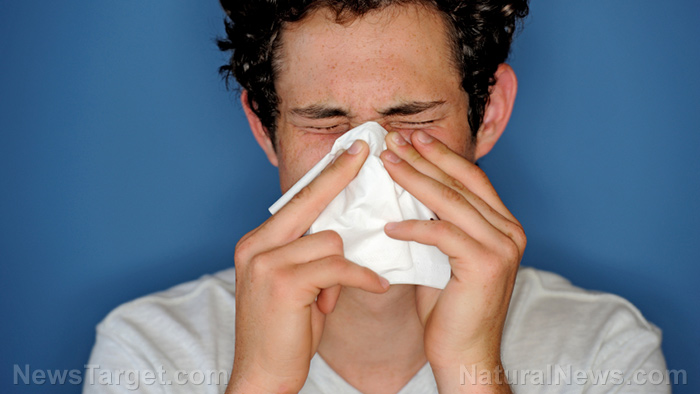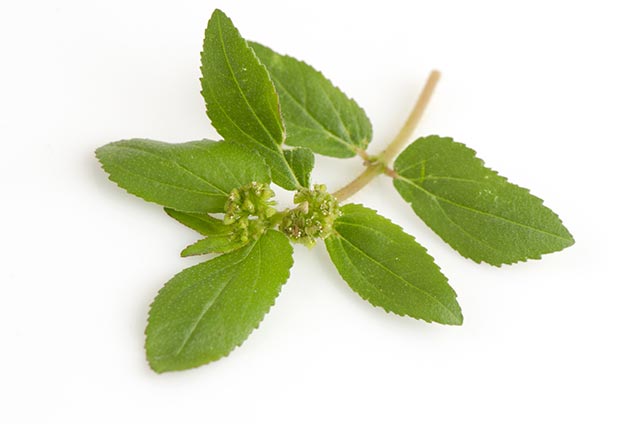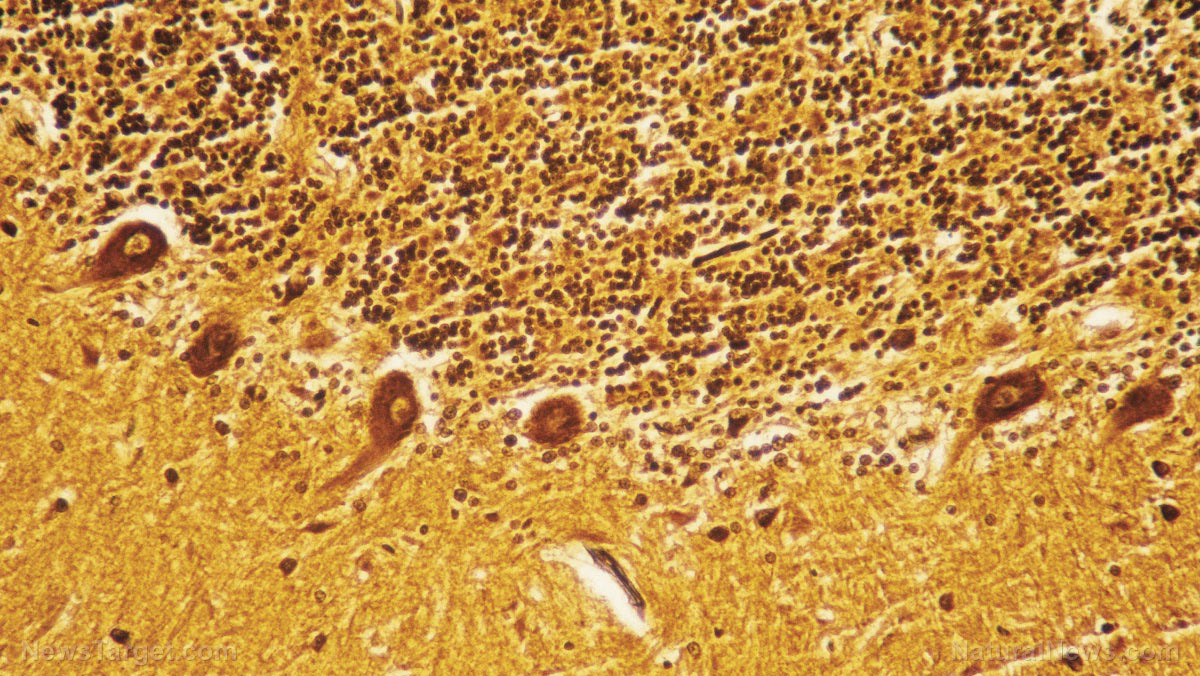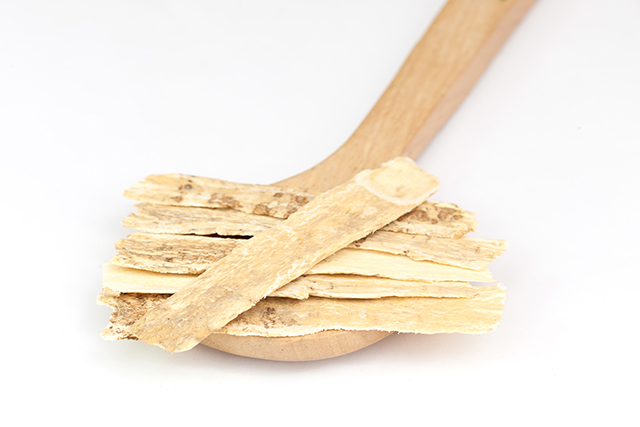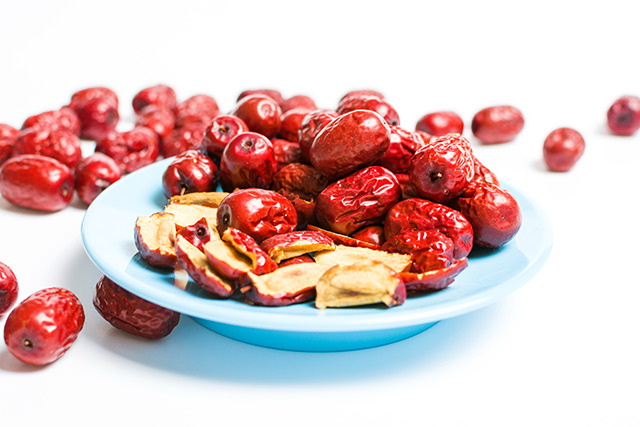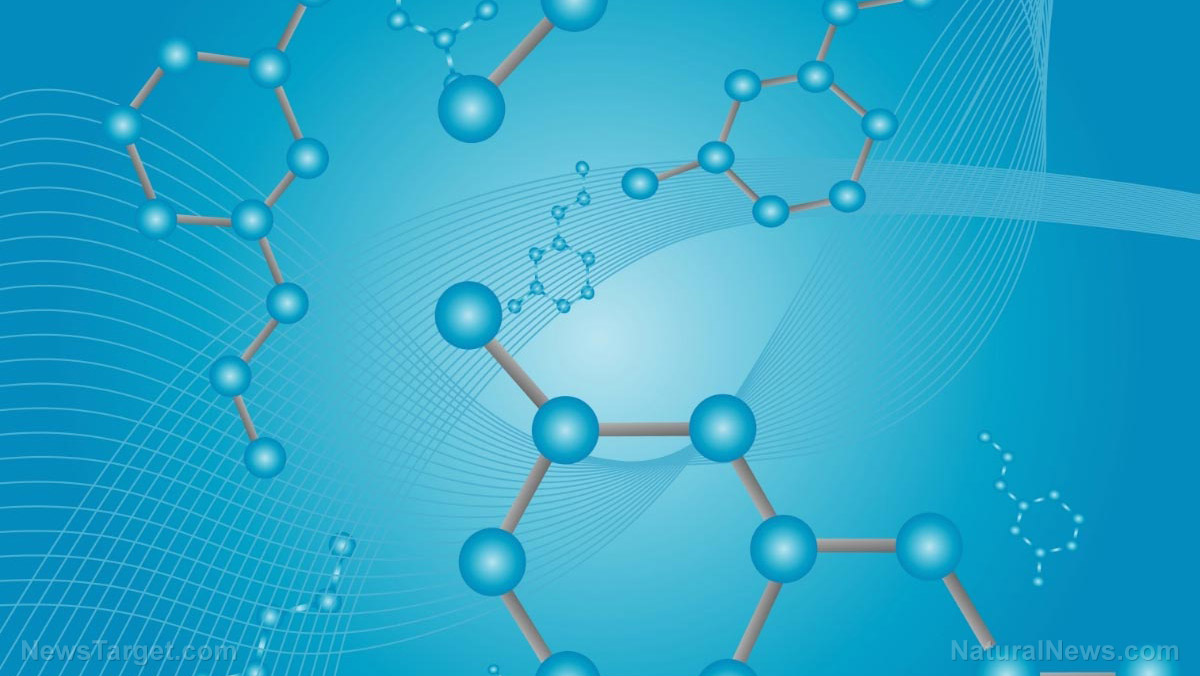Music therapy helps burn patients recover more quickly
08/02/2018 / By Michelle Simmons

The effectiveness of music as a form of therapy for burn patients has been evaluated by researchers at The Third Military Medical University in China. In their study published in the journal BMC Complementary and Alternative Medicine, they determined the effect of music during treatments by conducting a systematic review and meta-analysis of randomized controlled trials in burn patients.
- Overall, 17 studies with a total of 804 patients met the inclusion criteria for the review.
- When burn patients get treatments, a lot of factors cause them to feel pain, such as the wound itself, dressing changes, bathing, debridement, excision, and grafting. Other steps to treatment, such as occupational therapy, physical therapy, nursing care, and rehabilitation therapy also induce pain.
- In the studies, music was used as an intervention in seven different types of procedures, such as dressing change, debridement, range of motion exercise, preoperative preparations, cold therapy, nursing care, and isolation.
- Music therapy had a positive effect on burn patients. It alleviated pain and reduced anxiety. In some studies, burn patients experienced less muscle tension or an improved heart rate control.
- In most studies, the music was selected by patients from existing music lists or was the patient’s own preferred music, while in Chinese studies, music interventions have mainly relied on music medicine.
The researchers concluded that music intervention has a positive effect on pain relief, anxiety reduction, and heart rate control, which provides evidence to support the advantages of its use during burn treatment.
Read the full text of the study at this link.
To read more stories on natural treatments, visit AlternativeMedicine.news today.
Journal Reference:
Li J, Zhou L, Wang Y. THE EFFECTS OF MUSIC INTERVENTION ON BURN PATIENTS DURING TREATMENT PROCEDURES: A SYSTEMATIC REVIEW AND META-ANALYSIS OF RANDOMIZED CONTROLLED TRIALS. BMC Complementary and Alternative Medicine. 17 March 2017; 17(158). DOI: 10.1186/s12906-017-1669-4
Tagged Under: alternative treatment, Burn, burn patients, burn treatments, healing, music, music intervention, music therapy, pain, pain management, pain relief, sound healing



